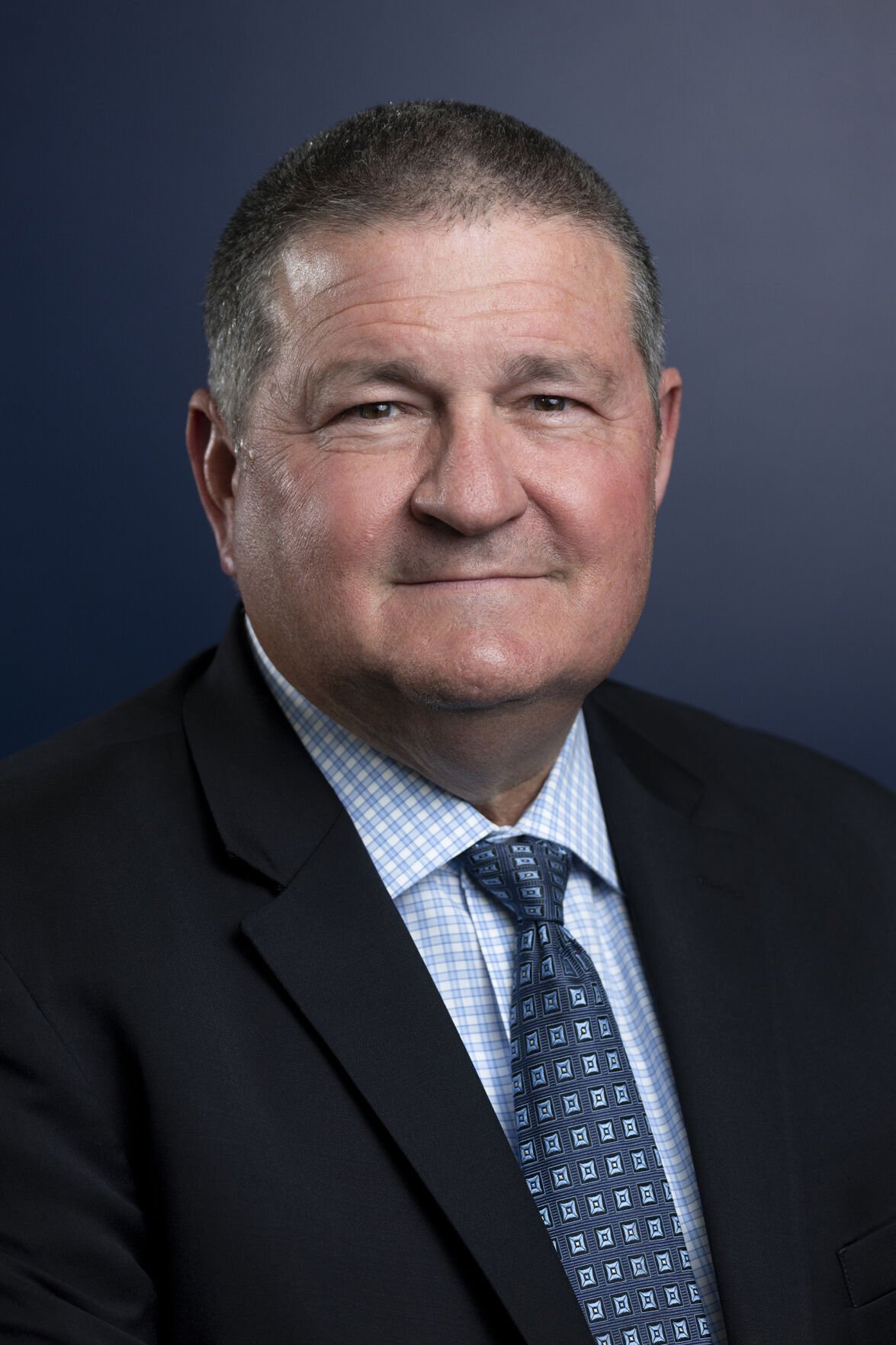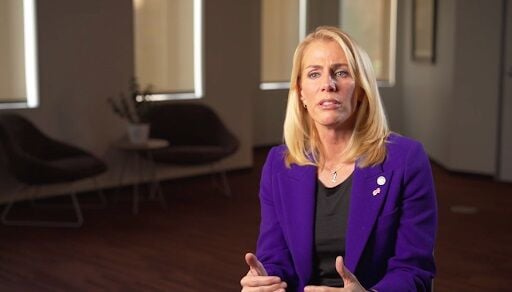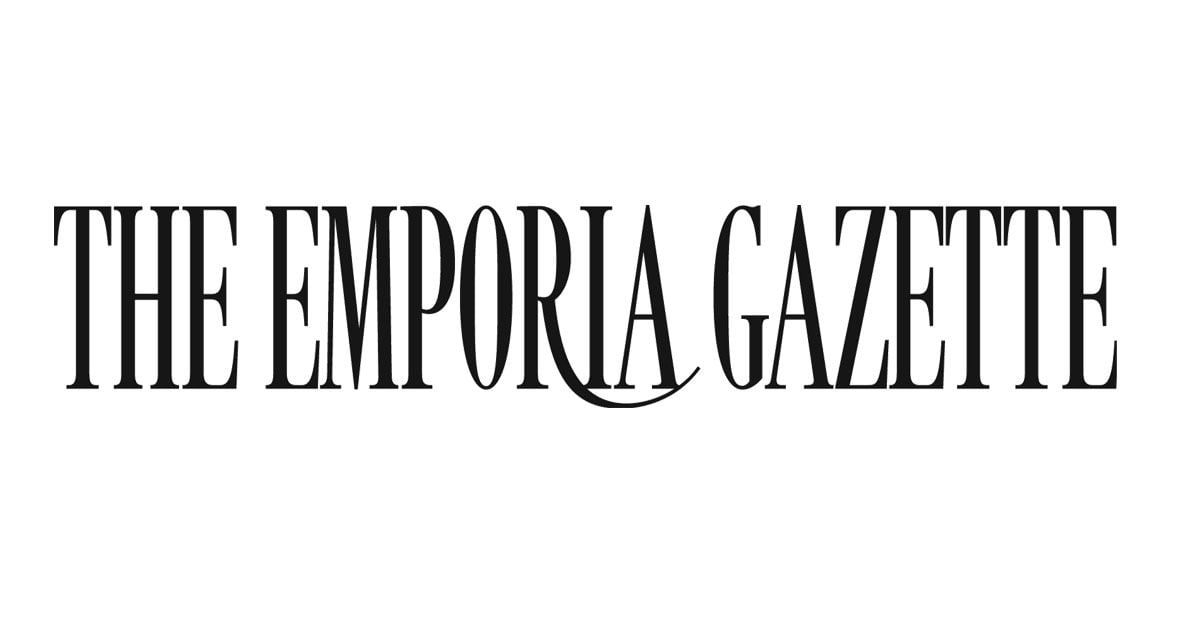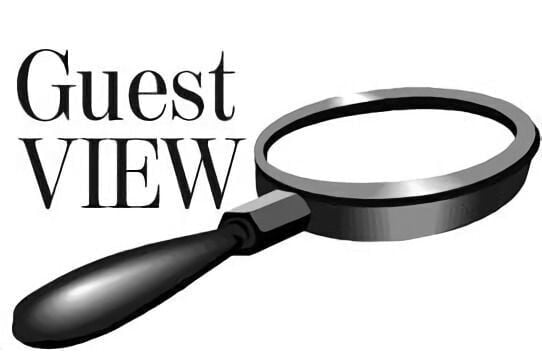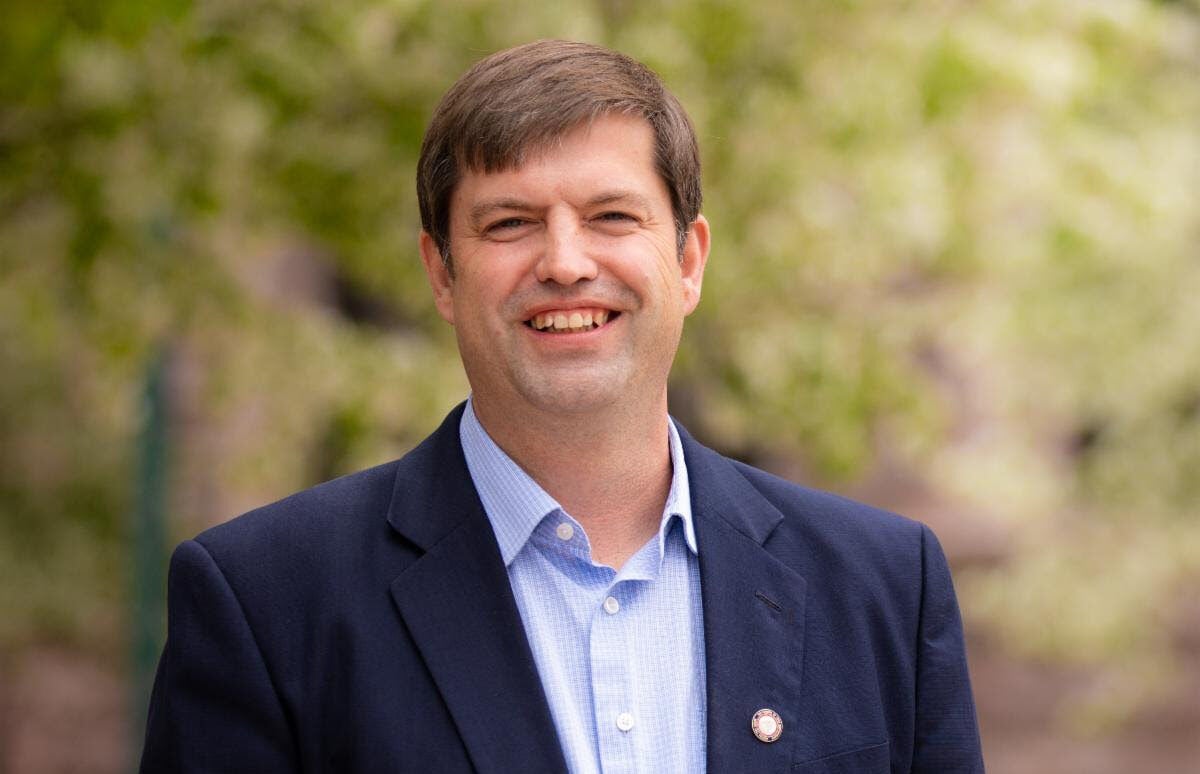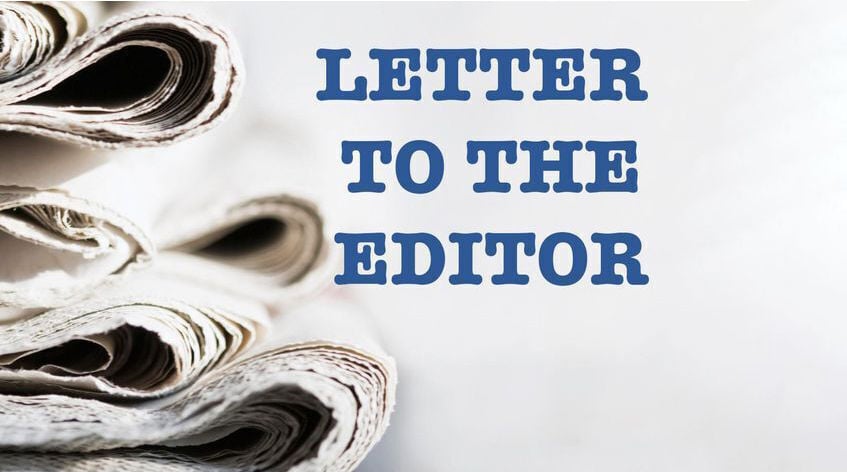Recent comments out of the White House, specifically calling certain individuals “hard-core criminals,” have rekindled debate over eugenics-like language in American politics. In an editorial by Michael Hiltzik, the reemergence of such rhetoric is placed under scrutiny, especially in light of historical abuses associated with eugenics.
Michael Hiltzik: ‘Eugenics’ comes out of the shadows in recent political rhetoric
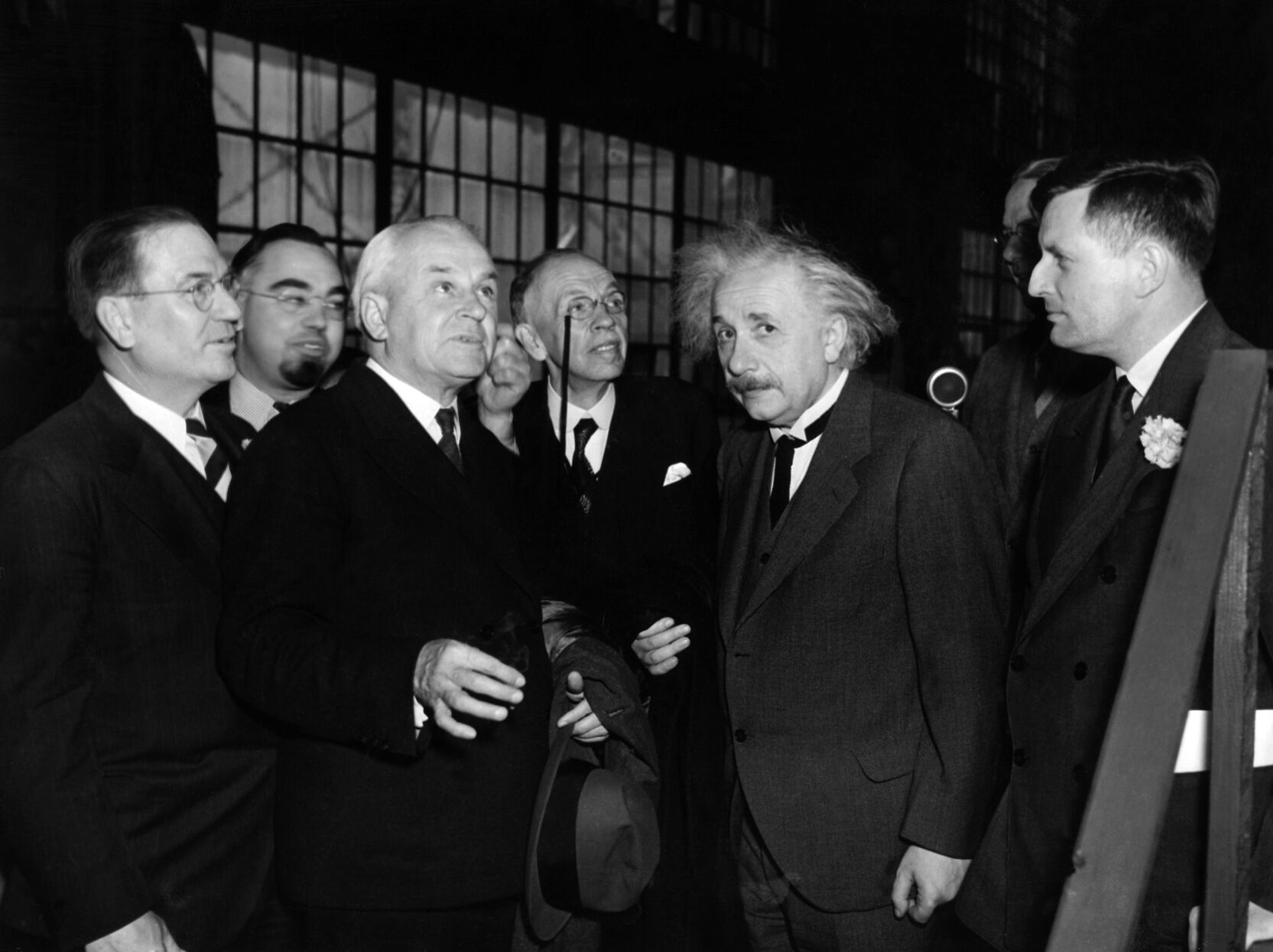
Key Takeaways:
- The article connects modern political remarks to the debated concept of eugenics.
- President Donald Trump’s September 2 statement about sending federal troops to Baltimore prompted the discussion.
- Critics point to potentially harmful labeling of entire communities based on perceived undesirability.
- Michael Hiltzik’s commentary warns of echoes from a darker chapter in American history.
- Originally published by The Brunswick News, the piece highlights the ongoing relevance of eugenics in political discourse.
Historical Weight
Eugenics carries a heavy and controversial legacy in American history. Once openly championed by certain scientists and policymakers, it involved the selective control of reproduction under the misguided notion of improving the human race. This editorial by Michael Hiltzik, published on September 10, underscores how contemporary language can stir up recollections of those policies.
White House Rhetoric
On September 2, President Donald Trump made a statement from the White House geared toward justifying the deployment of federal troops to Baltimore. He referred to his targets as “hard-core criminals,” insisting, “They’re not going to be good. In 10 years, in…” Although incomplete, his remark suggested the belief these individuals would remain inherently unsuitable for reintegration.
Modern Echoes of an Old Ideology
Critics argue that labeling large groups as irredeemable calls back to the discredited concept of eugenics, which assumed certain people were genetically predisposed to criminality or degeneracy. Such statements have been met with alarm by those wary of attitudes that elevate genetic or inherited traits as a means to marginalize communities.
Editorial Perspective
Michael Hiltzik, writing in the Los Angeles Times and featured in The Brunswick News, situates these comments within a broader context: the reemergence of eugenics-driven thinking. While society has largely rejected the scientific basis of eugenics, rhetoric that casts entire populations as beyond reform raises questions about whether some underlying assumptions persist.
Why This Matters
The invocation of eugenics, even indirectly, alarms historians and policy analysts who recognize how such ideologies have shaped discriminatory laws in the past. While the content of the White House statement may not explicitly use the term “eugenics,” its framing spurs concern among those who warn that simplistic or dehumanizing descriptions of entire populations can open the door to regressive policies.
